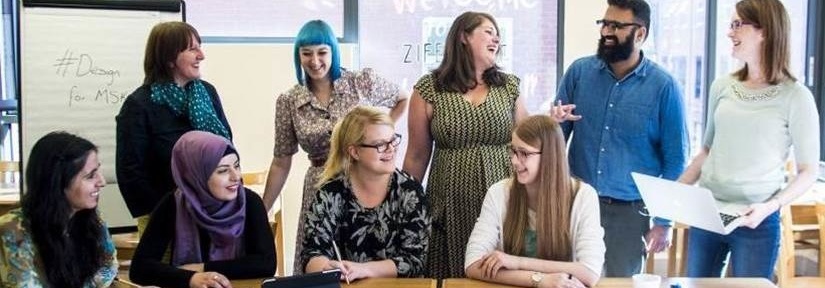BLOG: How we are using data to address health inequalities in research
In the third blog in our ‘addressing health inequalities in research’ series, Gareth discusses the role data plays in our work.
I collect a huge amount of data as part of my role, which I use to produce reports on a wide range of areas – from our bed occupancy, to trends in patient recruitment across different categories of research projects over several years – plus anything else that falls in between. These reports help the organisation assess our performance in research, and allow us to look at ways we can be more effective and efficient. They also allow the NIHR and the Department of Health and Social Care measure the impact of our research.
I have recently joined a large collaborative project led by Vocal the Public Programmes Team (PPT) – hosted by Manchester University NHS Foundation Trust – to identify areas of health inequality in the participant population we serve as part of the research carried out by the NIHR Manchester Clinical Research Facility (CRF) and the NIHR Manchester Biomedical Research Centre (BRC).
We endeavour to ensure our research is available to as wide a reach of the population as is possible within the constraints of the scientific methodology being employed.
But to ensure we are measuring our impact in this area, we need a way to confirm if this is a target we are in fact meeting, and if not, we need a method to help us to plan strategies across our infrastructure to improve how we make our research better available to under-served communities.
To meet this need, I have designed a data capture tool for a three-month pilot study of voluntarily submitted demographic data from participants in the research projects taking part at the four sites of NIHR Manchester CRF.
This data will allow us to create a profile sample of the demographic distribution of our research participant population. Once we have this, we can carry out analysis against population profile data sets, like the Indices of Multiple Deprivation. This will help us determine if the data collected from this pilot study can help us in future projects to identify underserved communities, and help us to develop strategies to make our research as inclusive as possible. This pilot study has now begun and will be analysed and reported back to the project team, and potentially distributed to a wider audience, during 2020.
It’s a really important project and one that I feel privileged to work with a wide range of specialists from different backgrounds to deliver.





